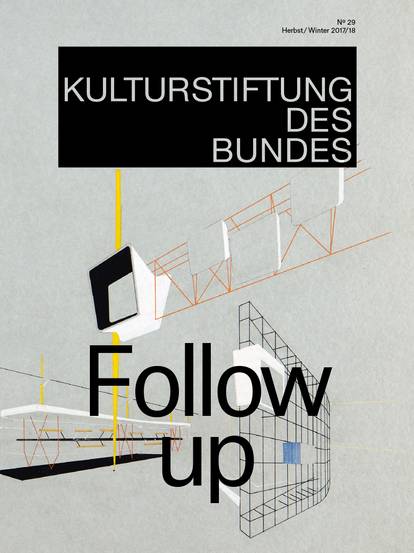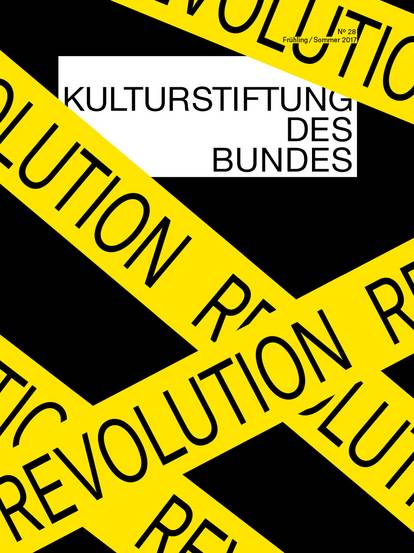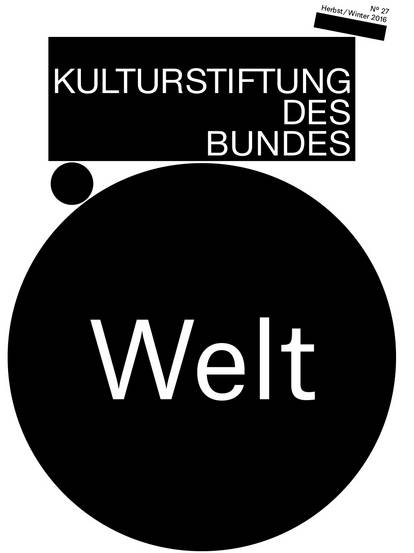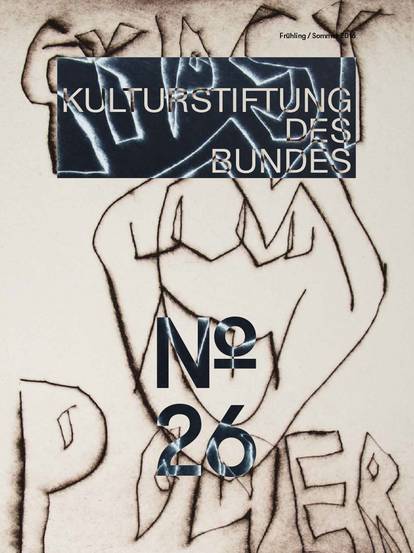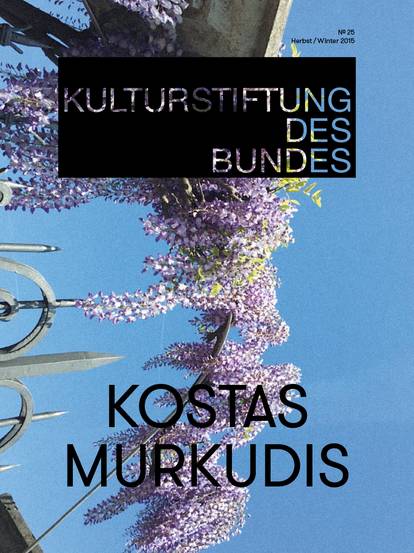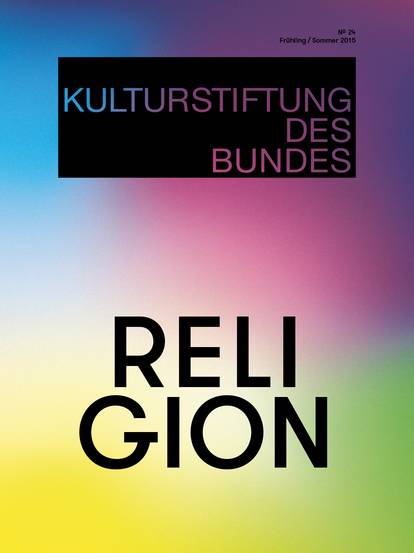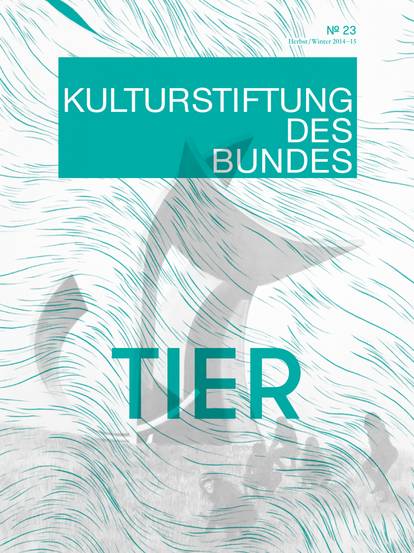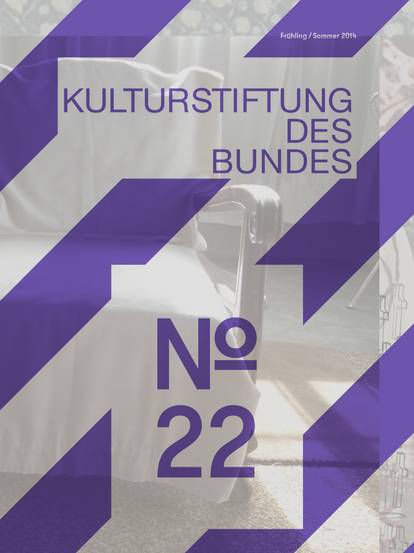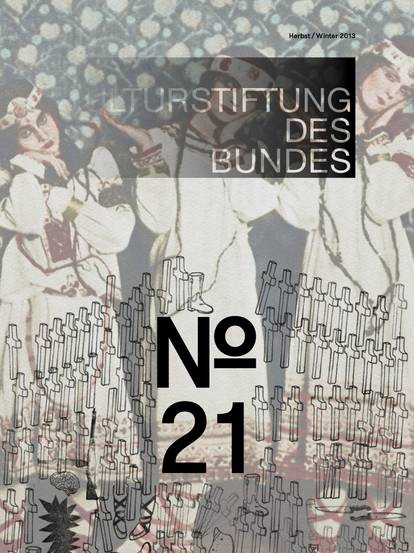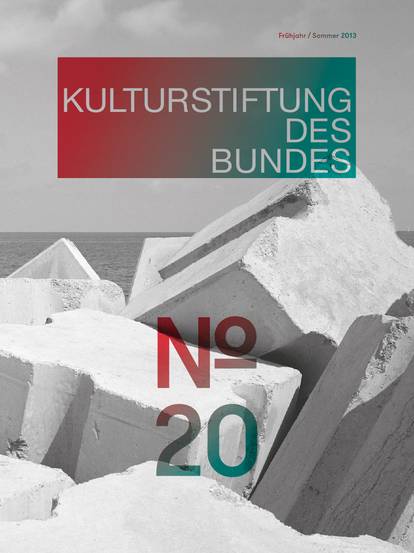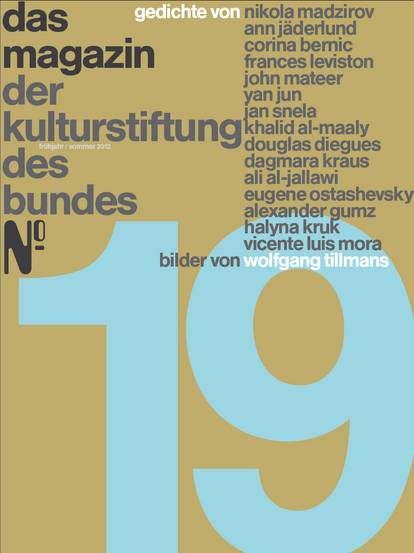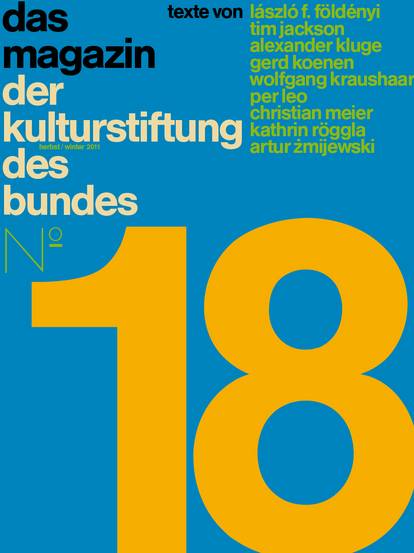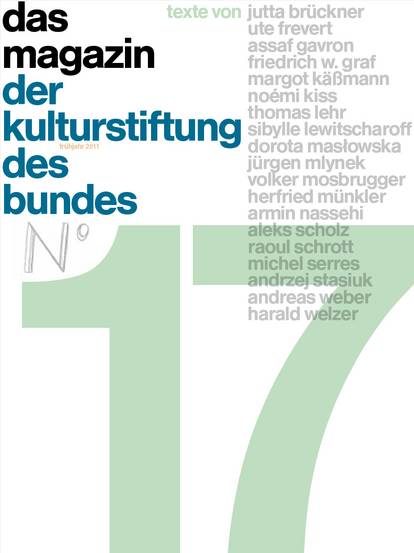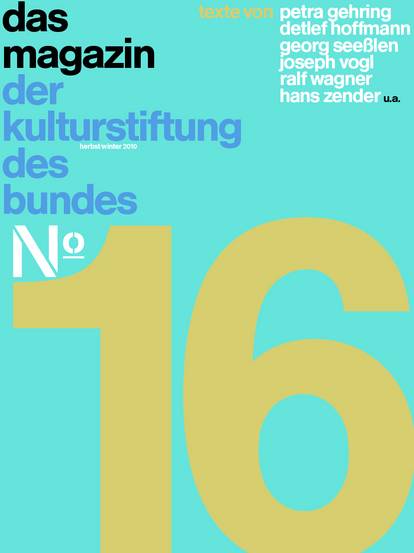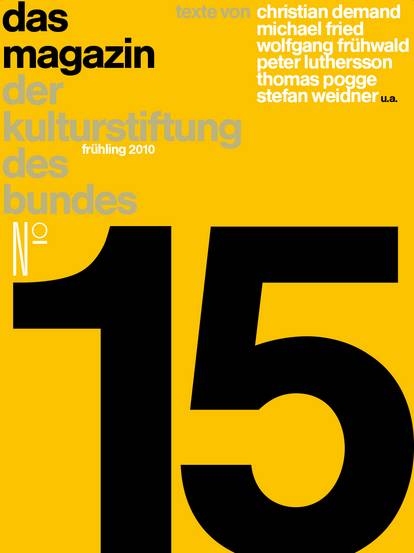“Now tell me, how do you take religion?” This so-called “Gretchen Question” has been all but missing from public discourse for decades. Those, who regard themselves enlightened, have critically viewed the doings and goings on of religions and their representatives from a distance and lauded secular society as an ineluctable, cultural achievement of civilisation. In the first fifteen years of the 21st century, however, a change in thinking has slowly but surely taken hold. The prominent philosopher and sociologist Jürgen Habermas, who has never attempted to conceal being “religiously unmusical”, made a public appeal to acknowledge religion as a source of meaning in democracies. After engaging in a dialogue with former cardinal Joseph Ratzinger, Habermas became all the more convinced that the democratic public sphere had to develop “an awareness of what it lacks” and should take into account religious roots as building blocks of identity. In both political and scientific respects, there is possibly no other relationship which is rifer with tension and offers more subject matter for discussion than that between religions and secular society. Not only is this reflected in public debates, inflamed by criticism of Islamism and religiously motivated persecution, but it has also become evident in the thematic spectrum of our project applications, in which the subject of “religion” is increasingly prominent. Therefore, in this issue of our Magazine we explore the topic of “religion” in connection with our funded projects and highlight various aspects of religion in selected photos by Boris Mikhailov.
In hindsight, the Protestant Lutheran church made the right decision not only to plan the commemorative events of the 500th anniversary of the Reformation in 2017 years ago, but also to commence the Luther Decade back in 2008. Our religious and cultural identity requires and deserves comprehensive reflection. Consequently, the Federal Cultural Foundation has already supported a number of Luther Decade projects. And this year, the Catholic Church will be commemorating an historic event – the 50th anniversary of Vatican Council II (1962 – 1965). It represented a turning point which continues to influence the relationship between the state and the Roman Catholic Church, the relations with non-Christians, and fundamental principles of ecumenism today. Starting this May, the Federal Cultural Foundation will be funding a major exhibition in Düsseldorf featuring contemporary works which present Christian iconography as an integral part of our collective visual memory (“The Problem of God”).
The Federal Cultural Foundation traditionally develops its own programmes as well, e.g. “The Undead”, “Culture of Memory”, “As Darkness Falls” and “Political Romanticism”. This year, it is organising a major international conference titled “Trial of Faith” which will examine whether religions should promote modern growth-thinking or rather call for limits to growth. The conference will centre on the three major Abrahamic religions of Central Europe – Judaism, Islam and Christianity. By approaching the subject from a cross-religious perspective, the Federal Cultural Foundation hopes that the conference will shed light on the historic and theological implications of our increasingly globalised culture.
This issue on religion opens with an article by a completely “normal” Protestant pastor and esteemed preacher who reflects on why religious people, “Christian” people, are still around today. The cultural scholar Marcia Pally comes from the United States where, unlike Germany, evangelical movements set the tone in politics and society and are not retrogressive by any means. And that’s a good thing in her opinion, especially as she sees the conventional criticism of religion in Europe as “naïve”. Like Marcia Pally, Birger Priddat from the University of Witten-Herdecke will also be attending the conference in May. In an interview by Jacqueline Boysen, Priddat, a respected economist and philosopher, offers his take on various facets of the relationship of religious faith and capitalistic doctrine. The Catholic theologian Reinhard Hoeps doubts that we are seeing a return to Christian iconography, a renaissance of Christian images, even though this might seem a logical consequence in view of the return of the religions. In reference to the exhibition “The Problem of God”, he claims that contemporary art is not so easily enlisted into the service of religious heritage. After seeing the exhibition “[O]pen Secrets” at Rehearsal Stage 4 of the Humboldt Lab, Christoph Balzar uses the example of “churingas” of the Australian Aborigines to explore the moral conflicts that arise when sacred objects are presented in the profane museum context of an ethnographical collection. And finally, British author Tim Parks addresses the (currently unpopular) question as to whether science has superseded religion when it comes to explaining and instilling meaning to life.

![[Translate to English:] Magazine 38](/fileadmin/_processed_/f/1/csm_Magazin38_Cover-Vorschau_921x1230_689f428dc3.jpg)
![[Translate to English:] Magazine 37](/fileadmin/_processed_/b/c/csm_Mag37_Cover-Vorschau_921x1230_b5129fdb2a.jpg)
![[Translate to English:] Magazine 36](/fileadmin/_processed_/2/a/csm_Cover_Magazin36__issuu_2f3cef97bb.jpg)
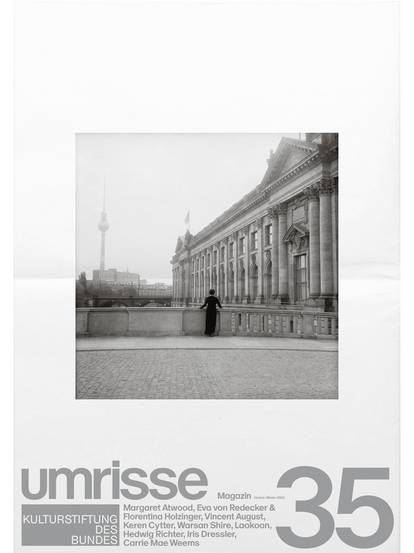
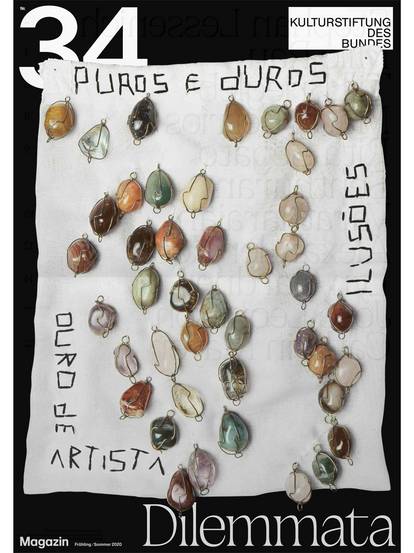
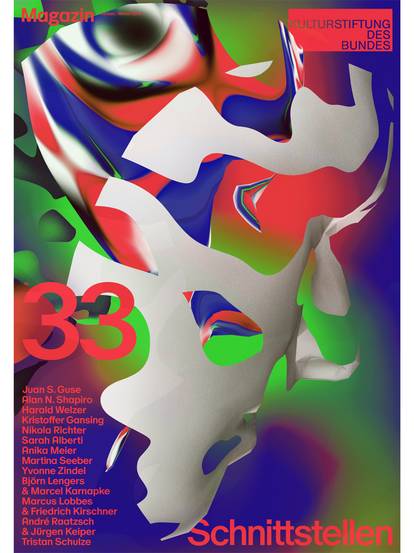
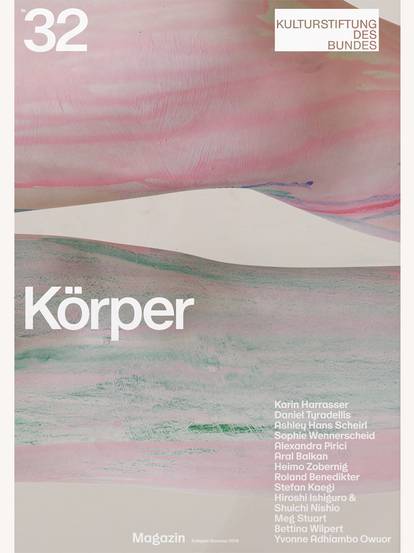
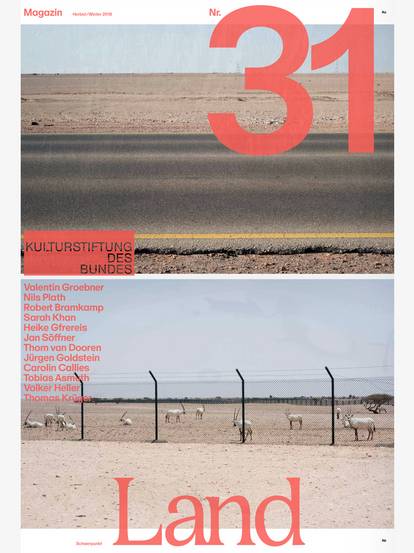
![[Translate to English:] Magazine 30](/fileadmin/_processed_/c/b/csm_magazin30_vorschau_9005f773d3.jpg)
